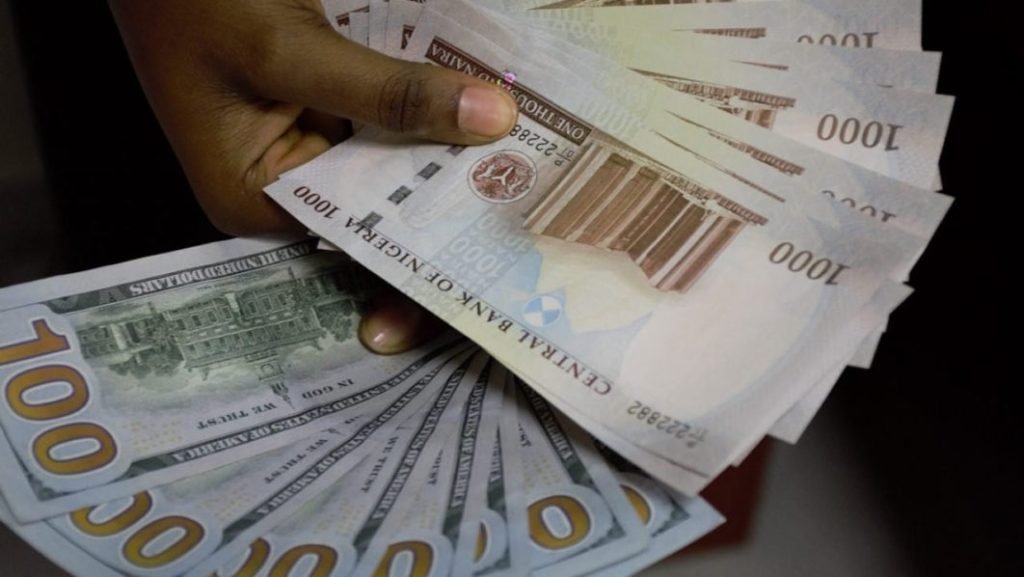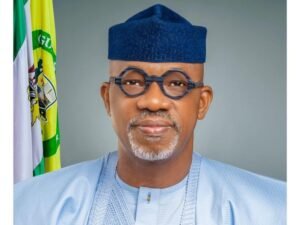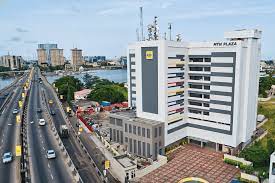
By By David Akinmola
THE lingering volatility in the foreign exchange market and denial of visas to some categories of Nigerians by the United Araba Emirates (UAE) are unsettling civil servants in Abuja.
Civil servants have perfected delaying the award of contracts, overseas training and workshop till the end of the year which, most times, coincide with the late release of capital votes for government ministries, departments and agencies (MDAs) to evade government scrutiny.
This medium gathered that there is increasing pressure on the protocol offices of MDAs as officials battle to obtain visas for senior members of staff and their delegates who are mostly friends, wives and children.
A civil servant who craved anonymity said: “As I speak with you now, we are under pressure to get dollars and secure visas for those travelling. While we are ready to buy dollars, at any rate, it is not even available. Most of the unofficial outlets we use do not even have dollars because of the surveillance mounted by the CBN.
“The level of monitoring is very high now and no one wants to be caught unaware. Also, the government of UAE’s insistence on not issuing visas to some categories of people is posing a problem. In some cases, we have children of senior government officials that accompany their parents on some of the training and workshops abroad.
“These categories might not be able to go. There are also some young officers whose names are on the list but who are not sure to make it. This is where the problem lies. Many of the senior officers and political appointees are not having any of these. They are insisting that those pencilled down must travel.
“The bigger issue is that if these travels do not happen, we might be forced to return unspent funds to the government by January 1, 2023. What we are trying to do now is to secure a pass from the ministry of foreign affairs for them to travel but the dollar challenge remains.”
Speaking on the so-called training abroad, the first Director General of the Bureau for Public Service Reforms (BPSR), Dr Goke Adegoroye, said the questions include: What are the overseas training meant to achieve? How much has those so-called training impacted the quality of the outputs of the senior public servants?
He argued that delay or no delay in releasing funds, sundry short courses overseas training is not supported by the service-wide training policy guidelines that followed the reform that was carried out over 15 years ago at the BPSR, which succeeding Heads of the Civil Service of the Federation have been trying to implement in various forms.
“It is expected that, by now, these types of sham overseas training are no more a feature of budget estimates, talk less of appropriations of Ministries, extra-Ministerial Departments and Agencies (MDAs). This is because, the analysis of the study that I carried out at the BPSR in 2006, using RIPA London as a case study, had exposed the weakness of such short courses and overseas training. That study showed that foreign institutions and their Nigerian collaborators were feeding fat on our budget to dish out internet-generated esoteric course contents that offered little or no value in terms of what those civil servants needed on their desks,” he explained.
Adegoroye added that to rectify the situation, his team instituted a policy of bringing in foreign/diaspora experts to co-run the service-wide programmes with national experts in Nigerian management training institutions.
“By so doing, we brought down the cost from an average of $9,270 – being the cost of airfare, course fees and estacode – to $300 per participant for the in-country programmes. Thus, we were able to cover more officers within the shortest time. Getting more value for money spent is the primary responsibility of public servants on all issues, including training,” he said.
Adegoroye maintained that if there were innovations to be learnt nationally and globally, how the world responded to the challenges of Covid-19 has shown that a lot can be achieved in virtual meetings.
He cautioned that the current financial position of the country and, by implication, the MDAs, with the attendant strain in forex is enough to bring the heads of MDAs back to their senses.
You are likely to find out that in the MDAs where this type of late-hour rush of overseas training is taking place, it is in tandem with procurement exercises and, therefore, represents the settlements of the ‘useful officers’ and/or key civil servants who are not in a position to partake in the sharing of contracts by the political office holders and their top civil servant collaborators,” he stated.
A public commentator, Hamma Hayatu, corroborated the submissions of Adegoroye, saying, most of the MDAs dubiously develop training for staff to exhaust allocations given to them before the year ends.
“This is an open secret, if the visa ban is not lifted it will affect those going to Dubai. On the issue of the devaluation of the Naira affecting overseas training, I doubt that the move will affect the training. This is because the naira is low, and the recent gain of last week is already been reversed. I heard there was a huge inflow which was why the naira went up momentarily. Naturally, like everything else, when demand is high price goes up.”
The President of the Association of Senior Civil Servants of Nigeria (ASCSN), Dr Tommy Okon, agreed that delaying the execution of projects till towards the end of the year has assumed a norm in the seat of power.
“Late release of funds affects, and limits the performance of the system. It is equally open to abuse and corruption in the public service. Some agencies always arrange their training for the end of the year especially overseas training.
Okon said while admitting that the government has been trying to limit frivolous training over the past few years to only statutory ones, the step is yet to record the desired impact.







